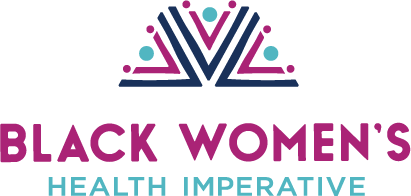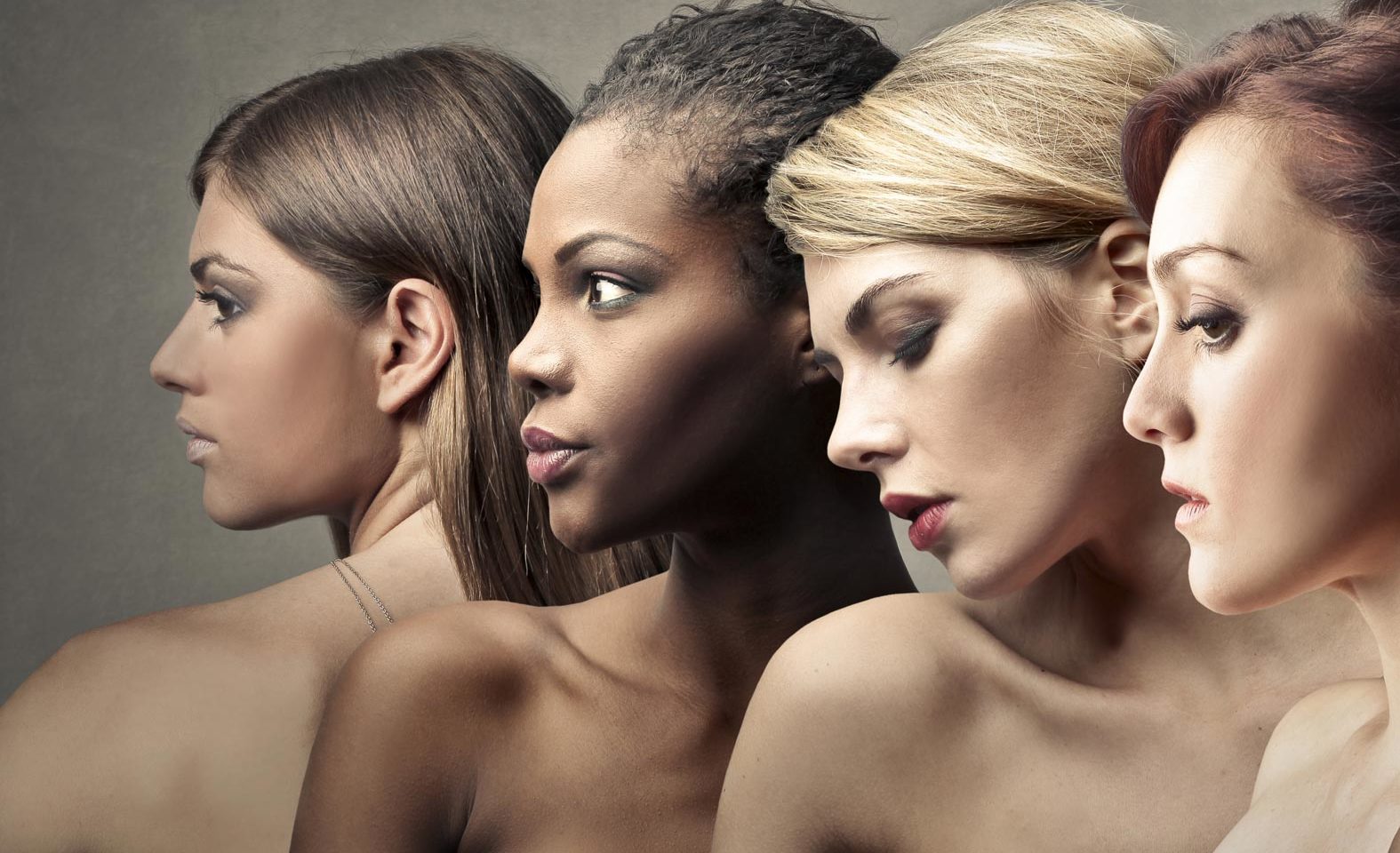Think of this: Two women are diagnosed with breast cancer. They are the same age. They have the same educational background and income level. One is Black. The other is white.
Even though these women have a lot in common, their journeys with breast cancer will probably be different. Breast cancer is different for Black women for several reasons. Knowing what you’re up against can prepare someone for the challenges that lie ahead.
To get a clearer understanding of why things are different—and what you can do about it—we discussed Black women and breast cancer with Marc Hurlbert, PhD, Chief Mission Officer of the Breast Cancer Research Foundation.
How big is the gap in death rates between Black women and women of other races?
As of 2014, Black women are 43% more likely to die from breast cancer than white women. That’s a significant increase compared to 1990, when Black women were 17% more likely to die from breast cancer than white women.
What are the main reasons for such a big difference in the rate of Black women who die from breast cancer compared with women of other races?
We know that the reasons are twofold: There are biological differences and differences in access to care.
From a biological standpoint, Black women tend to be diagnosed with breast cancer at a younger age. The median breast cancer diagnosis age for all races is roughly 61, meaning 50% of people who are diagnosed are older and 50% are younger. But for Black women, the median age is 58.
This means Black women are more likely to develop breast cancer at a younger age—such as before the recommended age to start getting mammograms, which is debated by experts but all agree could start at age 40 if the woman prefers.
And Black women tend to have higher rates of a type of breast cancer known as triple negative, which is usually more aggressive and has higher fatality rates.
Triple negative breast cancer is a challenge because there is no targeted therapy to treat it—currently chemotherapy, surgery, and radiation are used.
Targeted therapies go after the specific molecules that cause the cancer—while more general treatments like chemotherapy go after all of the cells in the area where the cancer is.
In comparison, other common types of breast cancer are hormone positive—and therefore easier to treat with more targeted, less aggressive therapies.

What about access to care? How is that different for Black women?
We looked at death rates over time in individual cities across the country. The differences in death rates in Black and white women grew between 1990 and 2014. But this difference is more noticeable in some cities than others. If the difference in the rate of death was purely biological, we wouldn’t see different death rates in different cities.
This means that geography plays a role in a person’s access to care. For example, New York City has one of the best public health systems in the country—including free mammography screenings. So, the disparity is not as pronounced there as it is in other cities.
What can women do if they have a harder time getting access to health care?
Try to get your mammograms done at an accredited mammography screening center. The American College of Radiology has an accreditation program, and you can search for the nearest accredited mammography center on their website.
What other steps can Black women take to stay on top of their breast cancer risk?
[blockquote background=”AC2376″] “It’s important to take the time to really talk to your doctor about breast cancer risk. Women of all ages can and should do this—whether it’s with their gynecologist or their primary care provider.”
—Marc Hurlbert, PhD, Chief Mission Officer, Breast Cancer Research Foundation[/blockquote]
Talk to your healthcare provider about your personal risk factors and ask for recommendations as far as when and how frequently to begin screenings. This is important even if breast cancer doesn’t run in your family.
The general recommendation is to begin getting annual mammograms at age 45, but, depending on your risk level, your doctor may advise starting earlier. This is because the sooner breast cancer is found, the sooner treatment can begin.
Also, know your own breasts and body—and report changes like lumps or nipple discharge. If you have any changes in your breasts, talk to your doctor right away.
New moms should also be aware of changes in their breasts after giving birth. Your breasts go through extreme changes during and after pregnancy—and lumps and bumps might arrive. You’ll want to make sure they aren’t cancerous.
So, talk to your obstetrician-gynecologist (OB/GYN) or primary care provider about any changes you might notice, especially in the first five years after birth.
Speaking of new moms, if you decide to have children, breastfeed if you can—for up to 12 months if possible, according to American Academy of Pediatrics recommendations. Studies suggest that this can reduce your breast cancer risk later on, on top of benefiting your baby’s health.
What about if you had a relative with breast cancer, like a mother, sister or aunt?
If you have a family history of breast cancer, genetic testing is something to consider. Talk to your doctor about genetic mutations—like BRCA—that can also increase your risk of developing breast cancer.
The BRCA mutations can run in Black families, but because they are more common in people of Eastern European descent, many people don’t think to discuss it with their doctor.
What else should Black women keep in mind about breast cancer? Is there any good news on the horizon?
The main thing to keep in mind is that we’re making a lot of progress in breast cancer diagnosis and treatment. A diagnosis doesn’t have to be immediately life-threatening.
Overall, breast cancer is more treatable today than ever before. For many types of cancer, treatment can be personalized and customized. Not all patients need chemotherapy, for instance.
If your grandma or your mom was diagnosed with breast cancer even just a few years ago and now you have it, your experience will likely be different from theirs because of this progress.
Share this Q&A with friends and loved ones. Show breast cancer that you know what you’re up against—and ready to fight the odds.


